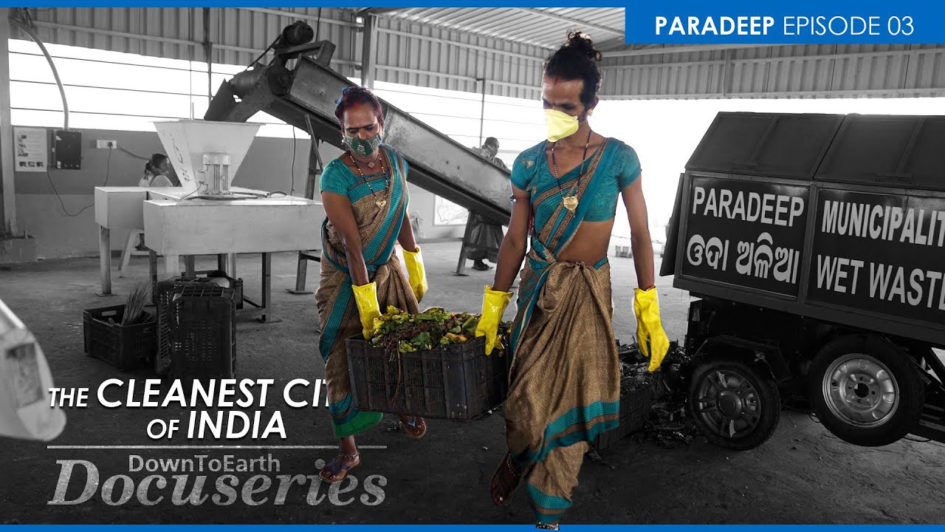POSTED ON JANUARY 30, 2022
0SHARES
Paradeep has set up a socio-economic model that not only integrates the marginalised but also generates enough revenue to make itself self-sufficient
Most people know Paradeep as a port township on the coast of Odisha. It is a city with clean and golden beaches and natural creeks. But apart from these aspects, Paradeep has another distinction. It is one of the cleanest small cities in India.
What is Paradeep’s secret? Paradeep is unique because it has managed to integrate women, the transgender community and rag pickers into their waste management system. They have set up a socio-economic model that not only integrates the marginalised but also generates enough revenue to make itself self-sufficient.
Solid waste management in Paradeep was scarce before 2019. Source segregation was not practiced, door-to-door collection systems were irregular, people dropped off their household waste into community bins, roads, drains and vacant spaces in the city were filled with waste.
But in 2019, the Paradeep municipality decided that it was time for a change. They introduced quick and drastic changes in the city’s waste management system. The city introduced a model based on socioeconomic sustainability.
The municipality roped in self-help groups who were entrusted to go to every house in the city to spread awareness about proper waste disposal. The awareness campaign was a huge success. People began segregating dry from their wet waste before handing it over to the waste collectors.
The first step in waste processing is door-to-door collection of household waste. This operation is run by the Paradeep Municipal Corporation assisted by the self-help groups.
Waste collectors known as swachha karmis in the local parlance, go every morning for door-to-door waste collection. The swachha karmis are overseen by a supervisor who is called a Swachha Sathi. The Swachha Saathi and Swachha Karmis are all members of women self-help groups.
Courtesy : Down To Earth

Leave a Reply